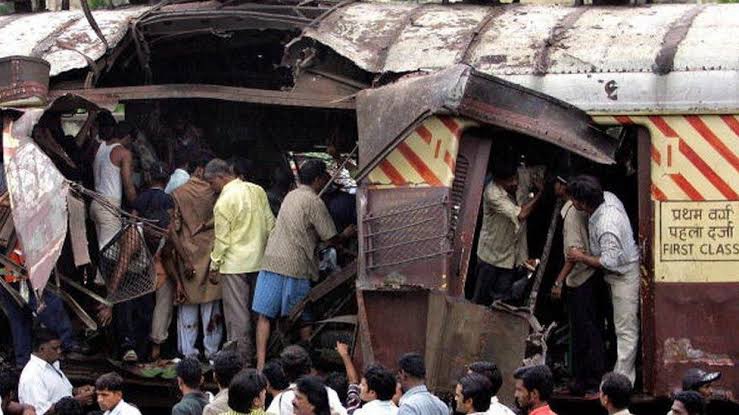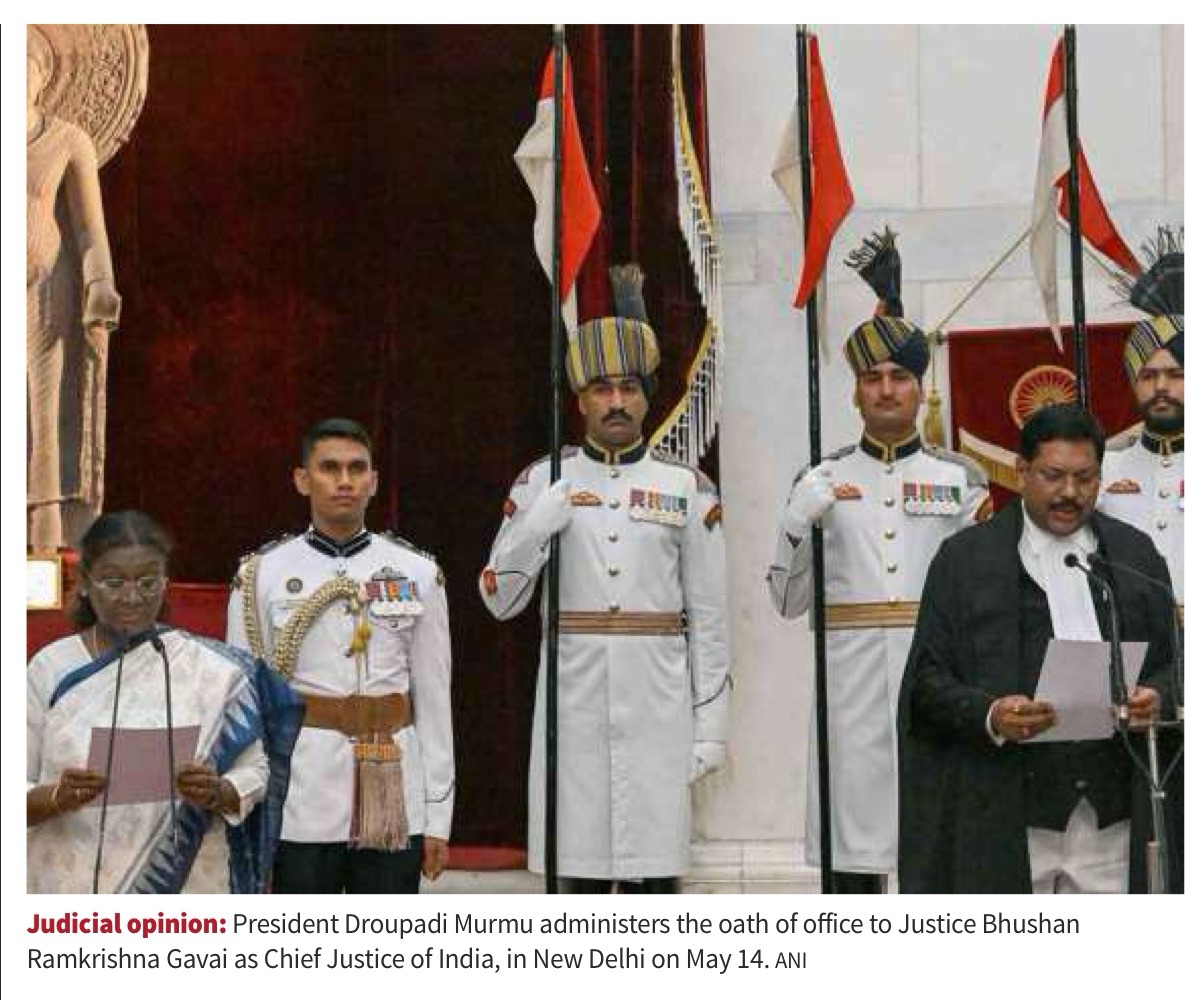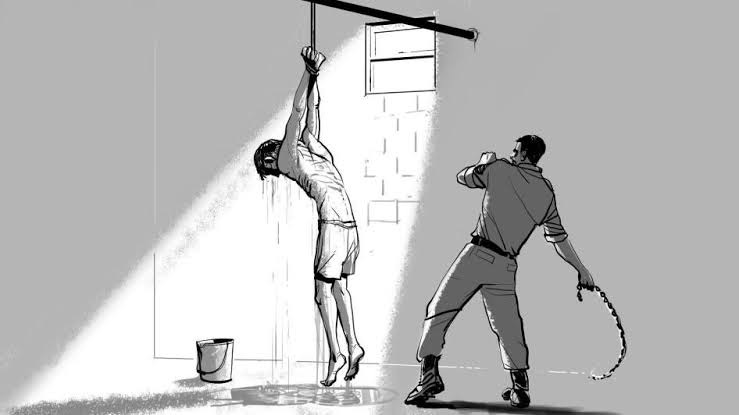
On July 11, 2006, a series of bomb blasts in Mumbai’s local trains claimed the lives of 187 people, marking one of the deadliest terrorist attacks in Indian history. Investigations revealed that Pakistan’s intelligence agency ISI, along with Indian-based terrorist organizations like SIMI, were behind the attack. Maharashtra ATS investigated the case and charged 28 individuals, out of which 13 were brought to trial, and in 2015, 12 were convicted. However, in 2025, the Bombay High Court acquitted all the convicts due to lack of evidence. The court observed that the police and prosecution failed to present witnesses on time, conducted flawed identification parades, and either delayed or failed to record the statements of eyewitnesses. Additionally, the case exposed the systemic failures, institutional apathy, and prosecutorial inefficiency in handling such a grave matter of national security. This is not an isolated incident—several cases such as those in Jaipur, Varanasi, Delhi, Lajpat Nagar, and Ahmedabad have either seen acquittals or await judgments for years. This reflects that India’s judicial and legal system is still not robust enough to tackle crimes as serious as terrorism. While India demands strong action against terrorism on international platforms, the lax attitude of its own investigative and prosecutorial mechanisms remains alarming. This is not only a grave injustice to the victims, but also a suicidal approach towards national security.
📝 UPSC Mains Style Questions
1. GS Paper 2 – Governance / Criminal Justice System
Q. “An inefficient prosecution and investigative system can be as dangerous to national security as terrorism itself.” In the context of the acquittal in the 7/11 Mumbai train blast case, critically evaluate the effectiveness of India’s criminal justice system in dealing with terrorism-related cases.
2. GS Paper 3 – Internal Security
Q. Despite being one of the worst victims of terrorism, India continues to struggle in ensuring judicial closure in terror cases. Analyze the institutional failures that hinder swift and effective justice delivery in terrorism-related cases.
3. GS Paper 2 – Polity & Governance
Q. “Only economic growth cannot make a country developed; institutional efficiency and judicial integrity are equally important.” Discuss this statement with reference to India’s approach towards terrorism trials and legal accountability.
4. GS Paper 4 – Ethics in Governance
Q. In cases involving national security and public trauma, what ethical responsibilities do investigating agencies and public prosecutors hold? Suggest reforms to improve accountability and professional integrity in such cases.











